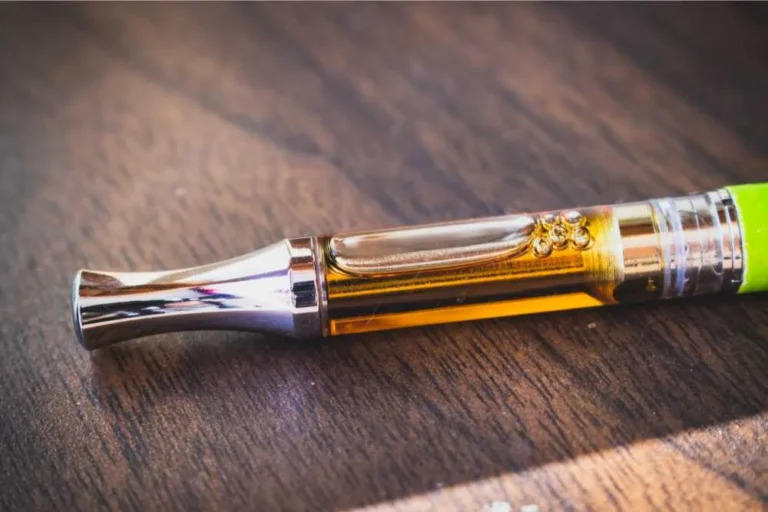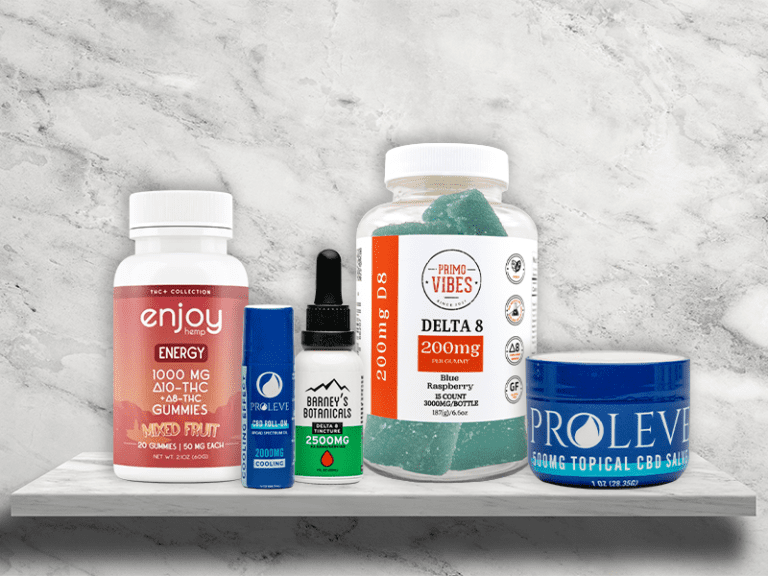Does Delta 9 Affect Your Lungs
Delta 9 THC, the primary psychoactive compound in cannabis, is widely used for both recreational and therapeutic purposes. As its popularity grows, concerns about its impact on lung health have become more relevant. For individuals who inhale Delta 9 through smoking or vaping, understanding its effects on the respiratory system is crucial.
Smoking Delta 9 and Respiratory Risks
Inhaling Delta 9 through smoking, whether from cannabis flower or pre-rolled joints, introduces combustion byproducts into the lungs. This process releases tar, carbon monoxide, and other harmful substances similar to those found in tobacco smoke. Prolonged exposure can contribute to respiratory issues such as chronic bronchitis, persistent coughing, and increased mucus production. While cannabis smoke shares some toxic components with cigarette smoke, its long-term effects on lung function differ. Ongoing research continues to explore the full extent of potential respiratory risks associated with Delta 9 use.
Vaping Delta 9 and Respiratory Risk
Vaping Delta 9 has gained traction as an alternative to smoking, often considered a cleaner method of use. By heating the cannabinoid at lower temperatures, vaporizers may help reduce exposure to harmful combustion byproducts. Despite this, concerns persist regarding the additives and thinning agents found in certain vape products.
Ingredients like propylene glycol and vitamin E acetate have been associated with lung inflammation and conditions such as EVALI (e-cigarette or vaping-associated lung injury). While research continues into the long-term effects of vaping Delta 9, consumers should remain vigilant about product quality and ingredient transparency.

Edibles and Alternative Consumption Methods
For those mindful of lung health, alternative ways to consume Delta 9, like edibles, tinctures, or capsules, remove the risks linked to inhalation. Edibles completely bypass the lungs, making them a safer choice for individuals with respiratory sensitivities or existing conditions. Though they take longer to take effect, they provide a smoke-free option that may be more suitable for long-term wellness.
Final Considerations on Delta 9 and Lung Health
How Delta 9 is consumed significantly influences its effects on lung health. Smoking and vaping can introduce risks, especially with frequent use or exposure to poor-quality products containing harmful additives. Those looking to reduce respiratory concerns may find edibles or tinctures a better alternative. As research on cannabis advances, staying informed about consumption methods and product quality is essential for protecting lung health while still experiencing the benefits of Delta 9 THC.






